In today’s fast-paced world, precision is no longer a luxury; it is a necessity. Whether it’s in manufacturing, medicine, technology, or daily life, the ability to execute tasks with high accuracy is crucial. Maximizing precision can lead to enhanced productivity, improved outcomes, reduced waste, and higher satisfaction in both personal and professional settings.
### Understanding Precision
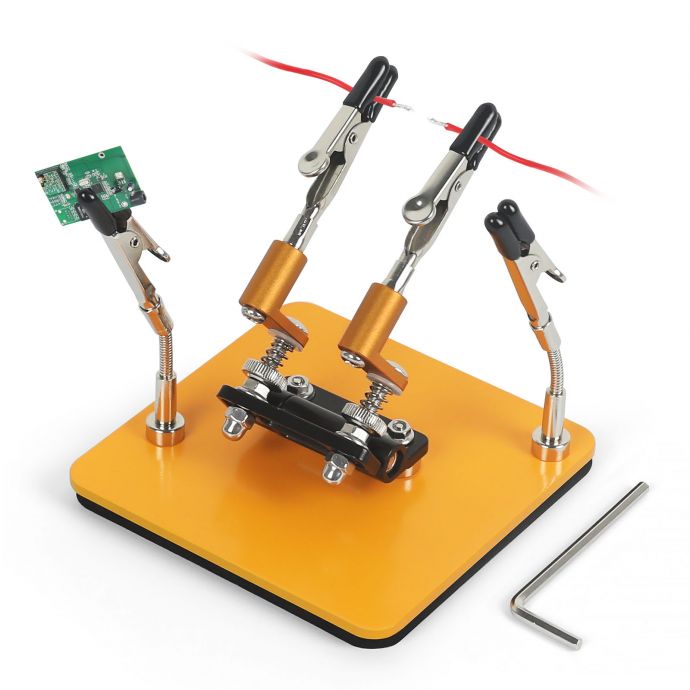
Precision refers to the consistency of a particular measurement or process. It is different from accuracy, which indicates how close a result is to the true value. Precision involves repeatability and reliability, ensuring that every time a task is executed, it yields the same result. This concept is vital across various fields including engineering, healthcare, research, and even in the culinary arts.
### The Importance of Precision in Different Industries
#### 1. **Manufacturing**
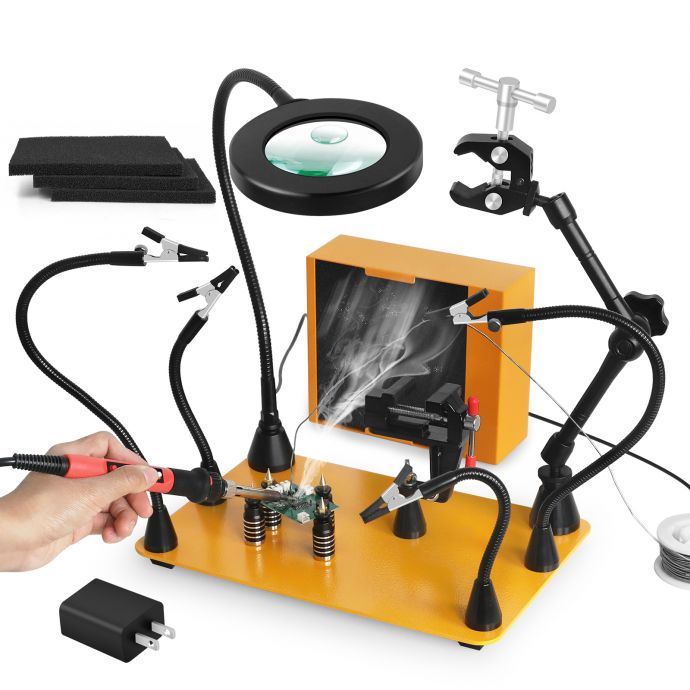
In manufacturing, precision is pivotal. With the advent of automated machinery and robotics, the demand for exactness has escalated. Precision machining, for instance, involves using tools and technology to produce parts that meet specified dimensions and tolerances. High precision in manufacturing minimizes material waste, reduces production costs, and ensures superior product quality.
Techniques like Computer Numerical Control (CNC) machining have revolutionized manufacturing by allowing for intricate designs and maintaining stringent standards of precision. This not only enhances efficiency but also enables mass production with minimal defects.
#### 2. **Healthcare**
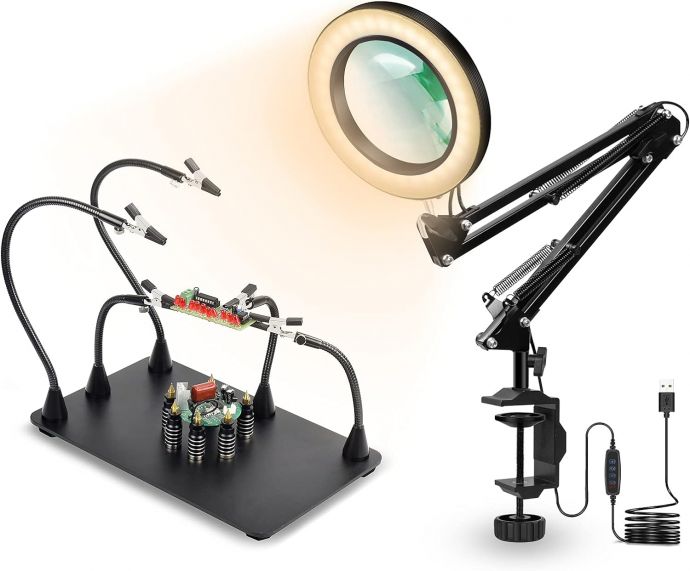
In healthcare, precision is a life-saving necessity. Precision medicine, which tailors treatments to individual genetic profiles, has been revolutionary. By maximizing precision in diagnosis and treatment, healthcare professionals can enhance the effectiveness of therapies and minimize potential side effects.
Surgical precision is equally critical. With advancements in technology, surgeons now utilize robotic systems and imaging techniques that allow for minimally invasive procedures. These innovations reduce recovery times and improve surgical outcomes by ensuring meticulous accuracy.
#### 3. **Technology and Software Development**
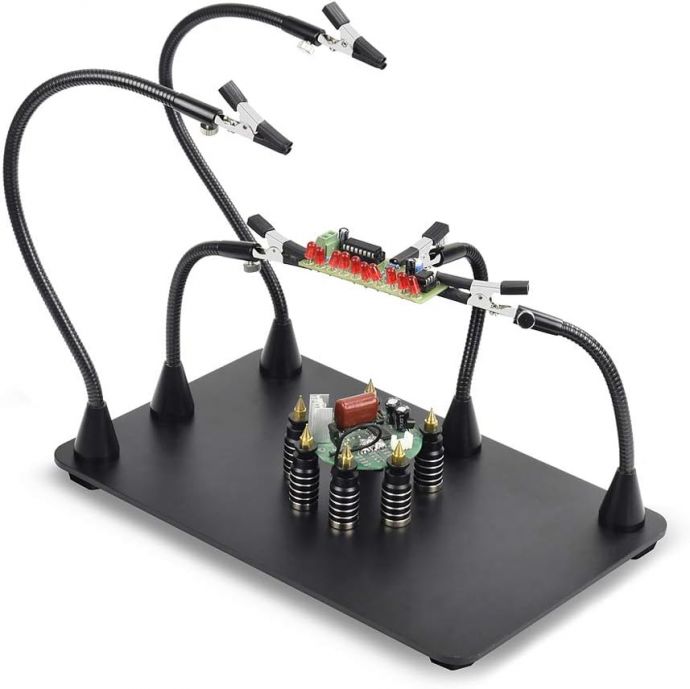
In technology, maximizing precision can lead to innovation and improved user experiences. Whether it’s ensuring the accuracy of algorithms in data analysis or maintaining consistency in software performance, precision plays a key role.
In coding and software development, precision ensures that software functions as intended without bugs or errors. Rigorous testing environments and agile methodologies help developers refine their processes, resulting in robust, reliable applications.
#### 4. **Research and Development**
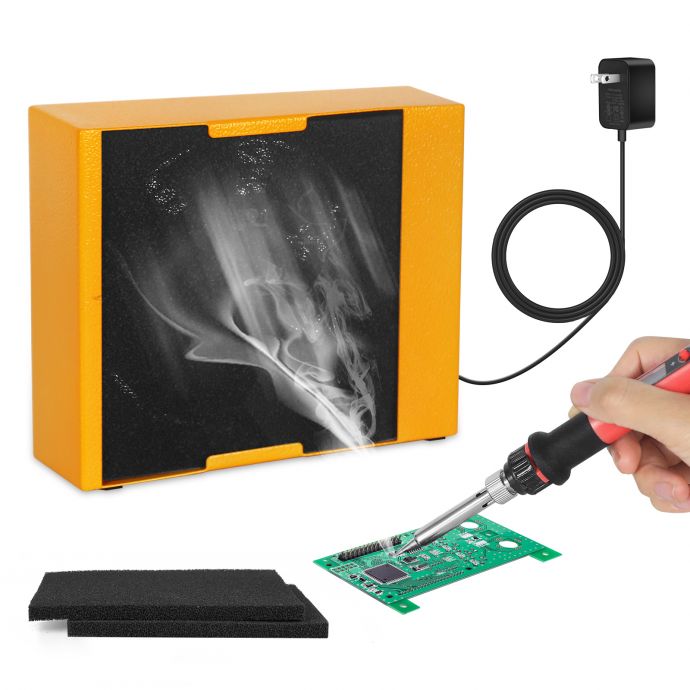
In scientific research, precision is essential for reproducibility and validity. Experiments and studies rely on precise measurements and methodologies to ensure that results are trustworthy and can be replicated. This precision underpins scientific advancements and fosters innovation, allowing for breakthroughs across various fields.
#### 5. **Culinary Arts**
Even in the culinary arts, precision matters. Chefs rely on precise measurements and cooking techniques to ensure consistency in taste and presentation. Precision in timing, temperature, and ingredient ratios is essential in delivering high-quality dishes.
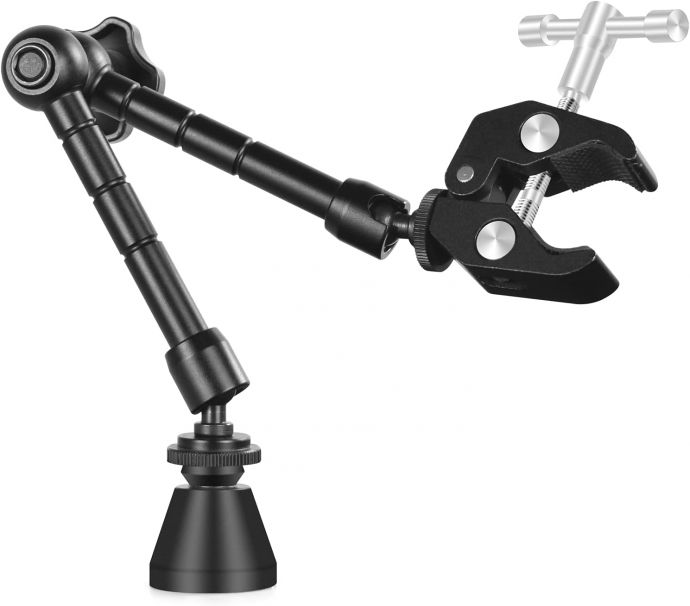
### Strategies to Maximize Precision
#### Implementing Advanced Technologies
Adopting advanced technologies is one of the most effective ways to maximize precision. Automation and machine learning can eliminate human error, providing consistent results in real-time. Technologies like artificial intelligence can predict outcomes and make adjustments, enhancing precision further.

#### Continuous Training and Skill Development
For industries reliant on manual skills, continuous training is crucial. Regular workshops, skill upgrades, and certifications can ensure that employees are adept at utilizing new technologies and methodologies, thereby enhancing precision in their work.
#### Developing Robust Protocols
Creating and adhering to well-defined protocols can significantly enhance precision. Standard operating procedures (SOPs) and quality assurance checks ensure that every task is executed consistently and accurately. Re-evaluating these protocols periodically in light of new insights or technologies can further refine precision.
#### Emphasizing Precision in Design
Implementing precision during the design phase can reduce errors downstream. This is particularly important in fields like engineering and software development. Ensuring precision in initial designs minimizes the need for adjustments later, saving time and resources.
#### Utilization of Feedback Loops
Establishing feedback loops can improve precision by identifying discrepancies and making necessary adjustments. Informed feedback allows for iterative improvements, fostering a culture of continuous refinement and precision.
### Challenges and Limitations
Maximizing precision is not without challenges. High precision often requires investments in technology, training, and time. Balancing cost with the need for high precision can be difficult for small businesses or resource-constrained environments. Additionally, overemphasis on precision in areas where flexibility or creativity is required can stifle innovation.
### The Role of Human Intuition
While technology can enhance precision, human intuition, and judgment remain vital. In certain fields, like creative arts or strategic decision-making, the blend of precision with human insight can yield exceptional results. Encouraging open-mindedness and creative thinking within a framework of precision can foster innovation.
### Conclusion
The pursuit of precision is a dynamic journey that involves balancing technology, skill, intuition, and cost. As industries continue to evolve, the need to maximize precision will only grow. By adopting strategies tailored to specific needs and fostering a culture that values accuracy and consistency, organizations and individuals alike can achieve higher levels of performance and satisfaction. Ultimately, the mastery of precision can unlock new potentials, driving progress and excellence in all areas of life.









